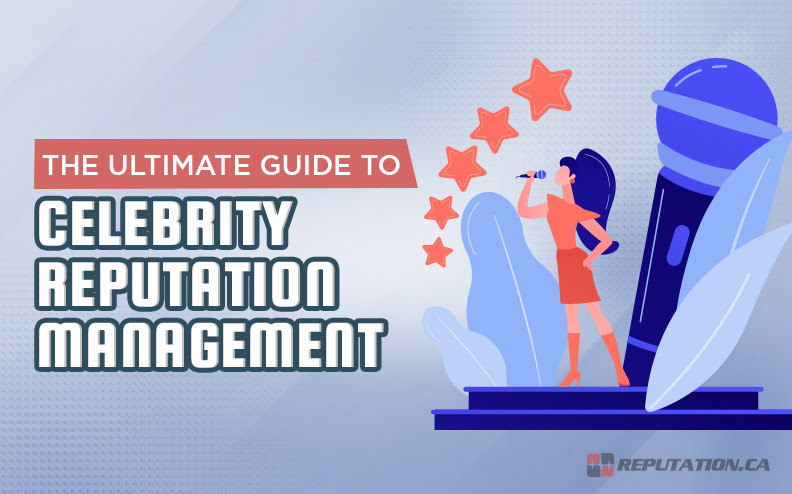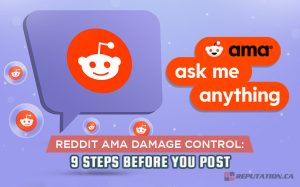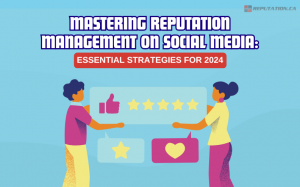A single tweet can destroy decades of work that went into building your image. Almost every celebrity is a 24/7 public figure, and even one misunderstood post or quote that goes viral can cause a massive backlash in just a few hours. Most people don’t know just how fast these situations can happen.
It means you need to always watch what’s going on with your online footprint and find ways to connect authentically with millions of fans – and you have to prepare for possible crises, too. The emotional toll that comes from endless scrutiny can really wear you down. But there are strategic ways to protect your career and your mental health.
Your reputation impacts every single part of your career. Brand partnerships, fan relationships, and media coverage all depend on how the public sees you. Every time you post on social media, you’re making a calculated choice that could either strengthen your connections with people or start widespread controversy.
I’ll show you some of the strategies that work to help you monitor what you do online and build real fan loyalty, plus create crisis response plans that actually work when you need them.
How to Track What People Say About You
Someone is talking about your name right now. This isn’t meant to scare you. That’s just how it works for any public figure now. The question is if you’ll find out about it before it turns into a problem.
Most celebrities wait until their publicist calls them in a panic. That window of silence can really hurt them. By then, the damage has already spread across different sites, and the story has gone out of control. You need to catch these conversations while they’re still small enough to manage.
Social media tracking tools work around the clock to monitor every time someone mentions your name. These systems never sleep or take breaks. Google Alerts will send you notifications. But they’re usually too slow when situations start happening quickly. The speed at which you find out can completely change how well you’re able to respond.
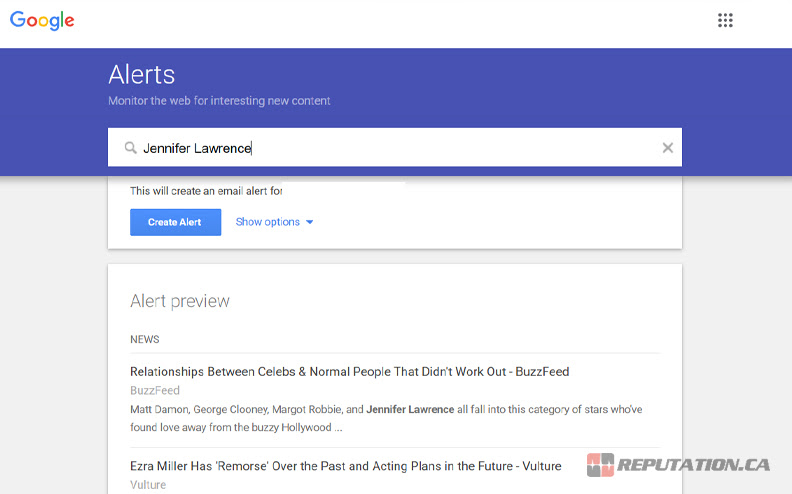
The real value comes from finding out early. When negative talk starts to increase, you might only have a few hours before it turns into a full crisis. Your reputation depends on what happens in those few hours between when people first start talking and when everyone knows about it. Some celebrities handle this really well – they get on social media to clear up misunderstandings before they get out of hand. They turn what could have been disasters into moments people barely remember.
The small details matter here more than you might expect. You should include common misspellings of your name and any projects or businesses you’re connected to. Mark the media outlets that tend to make celebrity drama worse. But remember that automation without human judgment can create more problems than it solves.
It can feel exhausting having to watch everything all of the time. But think of it as insurance for your career. These systems catch problems while you can still deal with them. Without this early warning system, you have no idea what people are saying about you. Each missed mention could become tomorrow’s headline crisis.
Make Your Fans Feel Like True Insiders
When you get your followers to actually participate, you end up creating something that’s way more valuable than just likes or shares. You build real loyalty that can last through just about anything. The secret is to make your fans feel like they’re actually part of your world instead of just people watching from the outside.
Look at how Tom Holland uses his social media – he turns his habit of spilling movie spoilers into fun Q&A sessions where fans feel like they’re in on the joke. When he almost slips up and gives something away, his followers laugh with him instead of getting frustrated. This happens because he’s created a space where mistakes actually make him more likable instead of hurting his image. Holland’s slip-ups get millions of views because fans feel like insiders who are seeing real moments happen. The fact that he’s not perfect is actually what works for him, and it creates this cycle where every time he messes up, fans care about him even more.
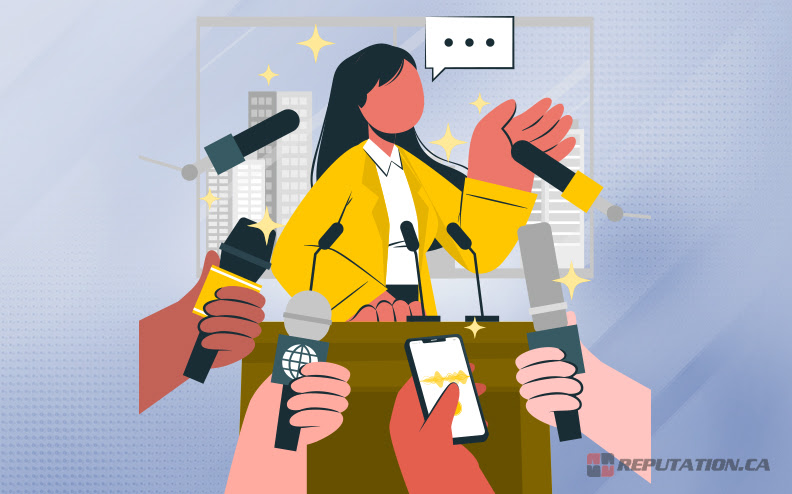
The psychology behind this is actually interesting, though most celebrities never bother to learn about it. When celebrities respond directly to their fans, it makes people feel special. People screenshot those replies and share them with their friends because it feels like they have a personal connection. That’s what happens when celebrities know how to build these one-sided friendships.
Lizzo figured this out with her body-positive posts. She actually responds to fans who share their own stories, and these conversations turn her social media into a real support community. When drama happens, these same fans step in to defend her because they really care about seeing her do well. Her comment sections become safe spaces where followers share what they’re going through and celebrate wins together. Every time Lizzo responds, it makes them feel heard, and casual viewers turn into people who’ll defend her no matter what.
But here’s where lots of celebrities get it wrong. They hand over these interactions to assistants who don’t really get how the celebrity naturally speaks. Fans can tell pretty quickly when replies sound fake or just don’t fit – and the difference really shows. Once that real connection disappears, you lose that protection that comes from really connecting with people.
When you go live or post unexpected content in real-time, it makes this whole effect even stronger.
Build Your Team for Crisis Management
Savvy celebrities keep a crisis plan ready before they need it. The second a rumor hits Twitter or a gossip blog picks up a story, you won’t have time to figure out who does what. When situations go wrong, chaos spreads way faster than facts do online. That’s why you need specific roles from day one. In your plan, your spokesperson should take care of all media contact while your legal team reviews every statement. At the same time, your social media manager monitors mentions and prepares replies. This isn’t the time to debate who’s in charge of what.
When your team doesn’t work together well, manageable situations turn into career disasters. When team members overlap or contradict one another, media outlets pick up on the confusion. To protect your reputation, you need to make sure everyone’s on the same page when the spotlight gets harsh. Your response timeline matters just as much as the people on your team. In the first hour, you need to check out what’s going on and figure out if you should respond immediately or wait. What happens in the first week decides if this story dies down or turns into your new reality.

The way you respond depends on what kind of crisis you’re dealing with. A press release works for major legal matters, while Instagram Live could be better for a misunderstood comment. Pick the wrong platform, and you’ll make the problem worse. The platform you choose shapes public perception more than most celebrities think. A formal statement lets people know you’re taking the situation seriously and have legal backing. Social media replies feel personal but can backfire if your tone seems defensive.
The new EU Cybersecurity Blueprint actually lays out crisis stages that work for reputation management, too. First, you catch the problem, then you figure out what’s going on, and then you escalate if you need to. Finally, you respond and recover.
Legal options like defamation takedowns can stop false stories in their tracks. Just remember that if you go after every negative comment, you’re going to look thin-skinned. Strategic legal action protects your reputation when false claims cause real damage. Cease and desist letters work for obvious misinformation, while court cases are better for serious character assassination.
Build the Story That People Tell About You
Every interview you give and every photo you post should work together to reinforce the same core message about who you are. Most people skip doing this. But this has nothing to do with fake personas or manufactured personalities.
Say you look at how Beyoncé manages her public presence. She carries that theme through her music videos and charity work. When she speaks at award shows, the message stays the same. Keanu Reeves is another perfect example of how to control your narrative. His humility shows up when he’s talking about movie roles or when he’s photographed on the subway. The pattern gets pretty obvious once you start looking for it. People repeat stories about his kindness because those moments match up with everything else he does in public.
The real challenge comes when you start sending mixed messages. You can’t endorse luxury brands one day and support environmental causes the next without explaining how they connect. Your audience will pick up on these contradictions way faster than you think. Mixed messages will destroy trust faster than any scandal ever could. Your audience puts real emotional energy into supporting you, and they feel betrayed when your actions don’t match your words. When this kind of damage happens, recovery takes years, not months.

Different formats let you tell your story in various ways. A documentary lets you go into detail about your background and motivations. Podcasts help create personal conversations that feel unscripted. Photo essays can capture moments that words alone never could.
When other people vouch for you, it helps solidify your story without making it feel forced. When charity boards invite you to join, and award committees honor your work, those endorsements speak louder than any self-promotion ever will. Recognition from others just hits differently than anything you could say about yourself. These endorsements give doubtful people permission to believe in you.
The main question you need to answer is pretty simple – what story do you want people to repeat when your name comes up at dinner parties?
How Partnerships with Charities Build Your Credibility
Celebrity partnerships work so well because they help create credibility through association. When you team up with respected organizations, their reputation becomes part of your story. People trust established charities and cultural institutions more than they trust single celebrities. This borrowed credibility helps you reach people who might otherwise not listen. The effect multiplies when a few respected organizations choose to work with you over the years.
Some celebrities build real relationships with advocates and create programs that help people instead of launching solo campaigns. This approach earns respect that goes way beyond entertainment careers – and the numbers back it up. When celebrities partner with established organizations, it gives their advocacy work immediate legitimacy. What follows is a real change in policy discussions and public awareness.
Other celebrities use humor to make topics easier to digest while partnering with organizations that know their field. The combination of personality and expertise creates content that people want to share. This proves that entertainment value doesn’t take away from messaging when you do it right.
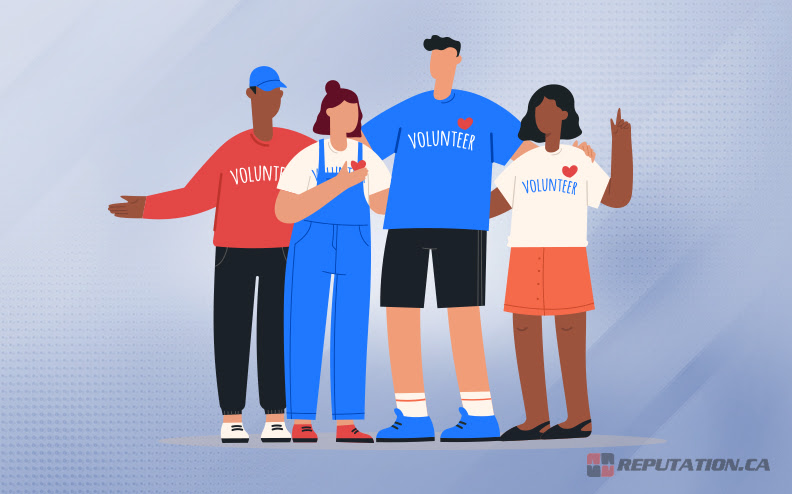
Philanthropic work hits harder than advertising because it’s authentic. When you support a cause, you’re not asking people to buy something. You’re showing them what matters to you. That difference completely changes how audiences respond to your message. Philanthropic partnerships create emotional connections that promotional content can’t touch.
You can measure this difference through metrics like earned media impressions and funds raised for your chosen causes. But you’ve got to watch out for the trap of performative activism, where your support looks fake or calculated. Most people can see right through it. Real partnerships take time to build, and you need to stay committed way beyond single events or announcements.
The worst mistake celebrities make happens when they choose causes that don’t match their actual values. Audiences can see this mismatch immediately, and the backlash damages their reputation more than if they had just stayed quiet. Misaligned partnerships destroy trust faster than any other celebrity mistake. Your audience will remember the disconnect long after they forget your entertainment work. Trying to recover from this kind of reputation damage can take years – and sometimes, you just can’t come back from it.
Monitor and Manage Your Reputation
The difference between celebrities who make it through tough times and the ones who don’t is all about being prepared and being real with people. If you keep an eye on what people are saying about you online, you can catch problems before they turn into big disasters. If you connect with your audience in real ways, you build up the kind of trust that helps you get through even the worst criticism. The stars who understand this are the ones who tell their own stories instead of letting other people tell those stories for them.
Say you’re that celebrity we talked about at the beginning, and you had put these systems in place. Instead of rushing around trying to respond to a crisis, you would have seen the warning signs early through your tracking systems. Instead of just sitting back while rumors spread everywhere, you could have talked directly to your community about what was actually going on. Your real relationships with fans and the partnerships you built would have given you support when you needed it most. The whole situation could have gone from a total disaster to a chance to show people who you actually are.
If you’re prepared, it changes how every crisis plays out. Your tracking turns into an early warning system that lets you catch problems while you still have time to handle them. Your real connections with people turn into a whole network of supporters who know what you’re actually like beyond what the headlines say. Your crisis response plan kicks in immediately instead of you having to scramble to control the damage.

Everything keeps changing, and new sites are going to show up that we can’t even imagine at this point. It never slows down. How are you going to adapt when these changes come along? What stories are you going to tell about yourself before other people start trying to tell them for you? The spotlight is always going to be intense. But you have the power to turn that bright light into something that helps people see your best sides.
Set up your tracking systems, create a crisis response plan, and start building real connections with your audience. If you’re ready to take control of your online reputation and trust Canada’s leading experts in handling reviews, social media, public relations, and crisis response, we’re here to help. Whether you’re trying to get through cancel culture or build a stronger presence online, contact us at Reputation.ca for expert help designed specifically to meet your needs!
